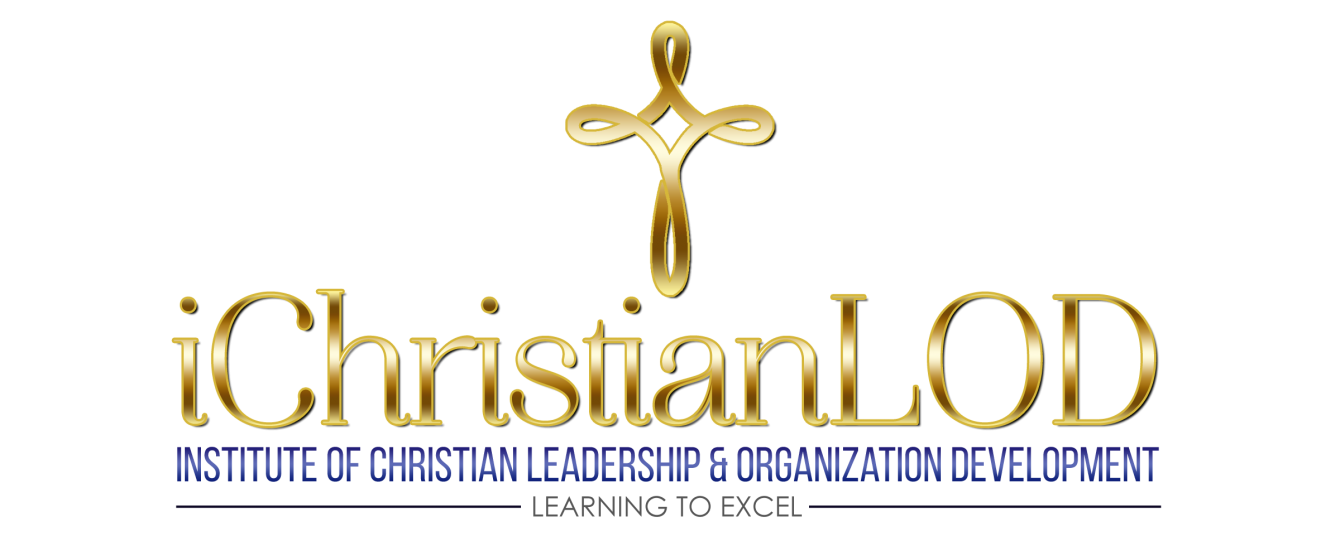Jeff Immelt Gives Three Key Words for Leaders Today
Saw an interesting video today from the Dreamforce 2012 conference where GE CEO Jeffrey Immelt was one of the keynote speakers. From a 21st-Century leadership perspective, Immelt is called the, pinnacle of leadership today. To watch him, he really fits the bill of leaders today as opposed to yesterday’s more bureaucratic leaders. In other words, he doesn’t come across as being a super-genious, though he does have an MBA, and we know he’s got to be a pretty savvy guy. But he presents like what we probably expect a 21st-Century leader to look like, someone who can not only relate to “regular” people, but despite his accomplishments, has somehow managed to remain a regular guy. Whether true or not, it’s the ability to create that perception that is important. This is probably the primary reason Barak Obama got back into office. Because he acts like one of us, people assume that he empathizes with us even though his policies say otherwise. The public has genuinely accepted flawed leadership and no longer expect the same standards they once did. Please note my distinction that this is from the liberal public perspective, not the business world. My point? Perception is important. Immelt sounds quite genuine.
The commentator asked Immelt to comment on what he thought were the most important aspects for leaders today. His answer was rather succinct and consisted of three words. When asked the question, I braced myself to focus and listen intently, expecting a really complexed and intellectual response that I didn’t want to miss. I assumed I would have to focus like a laser beam. I physically relaxed when he said it was three words. So what were his three words? Not at all what I had expected to come from the pinnacle of leadership today. I personally expected brilliant and very experienced to have been included; but not so. His three words were openness, authenticity, and unity. Surprised? I was.
Immelt explained how social media has changed the expectations that people have for their leaders today. In other words, people want leaders to be open and transparent. They don’t care that leaders are not the smartest people among the group. Why? Because everybody is a leader today, especially in learning organizations where success is defined by developing organizations by developing its people. This increased value of human capital has changed, at least from the public’s perspective, what they expect from their leaders. His second word was authenticity, in the sense that people today are looking for genuineness in their leaders. The status quo is no longer working. People are no longer buying the lie that their leaders are little gods. The good part is that people don’t really care, especially as they begin to focus on their own unique abilities. His third word was unity, and how everyone wants to belong to something. Today’s leaders must understand that people expect leaders to open doors and create new opportunities for them as opposed to themselves.

